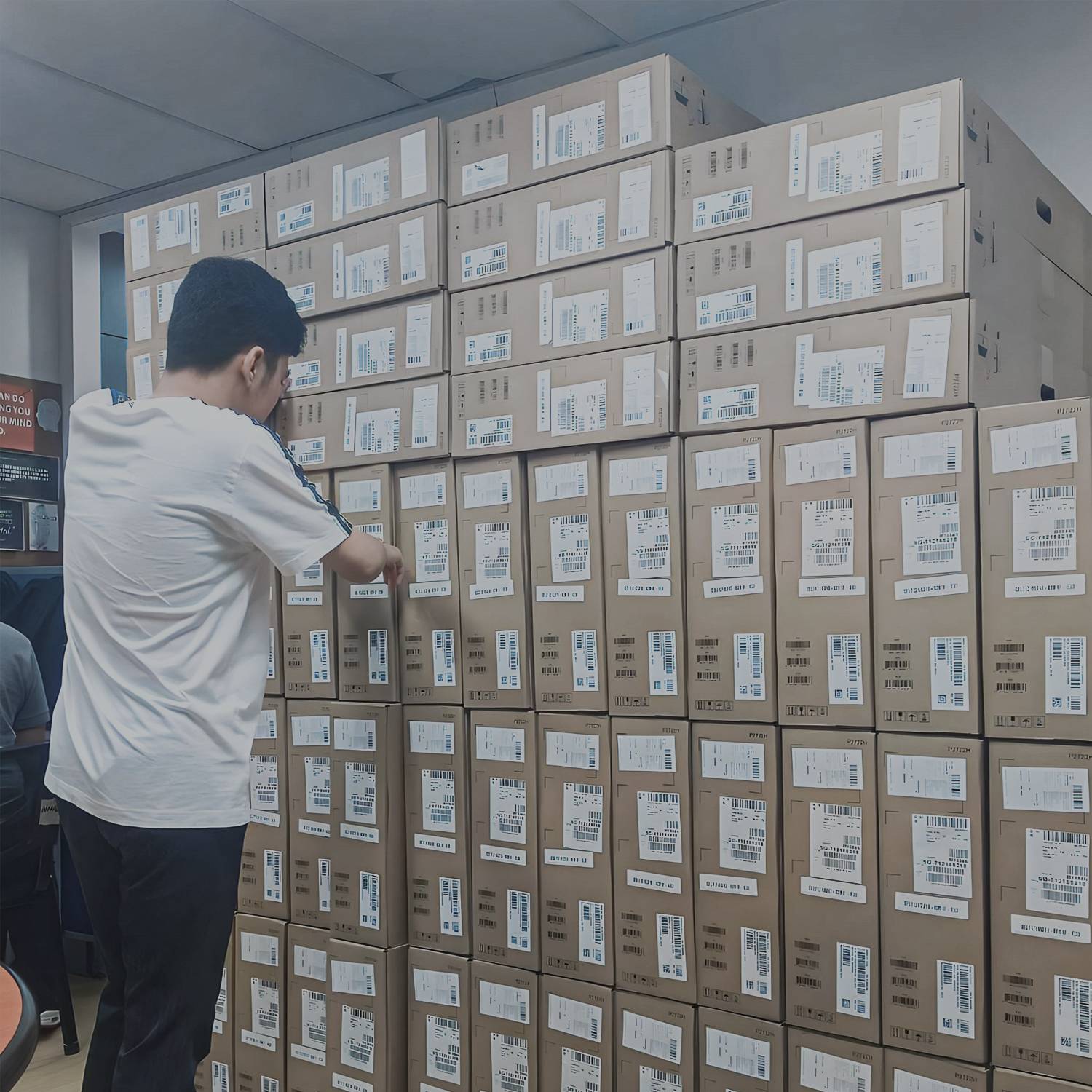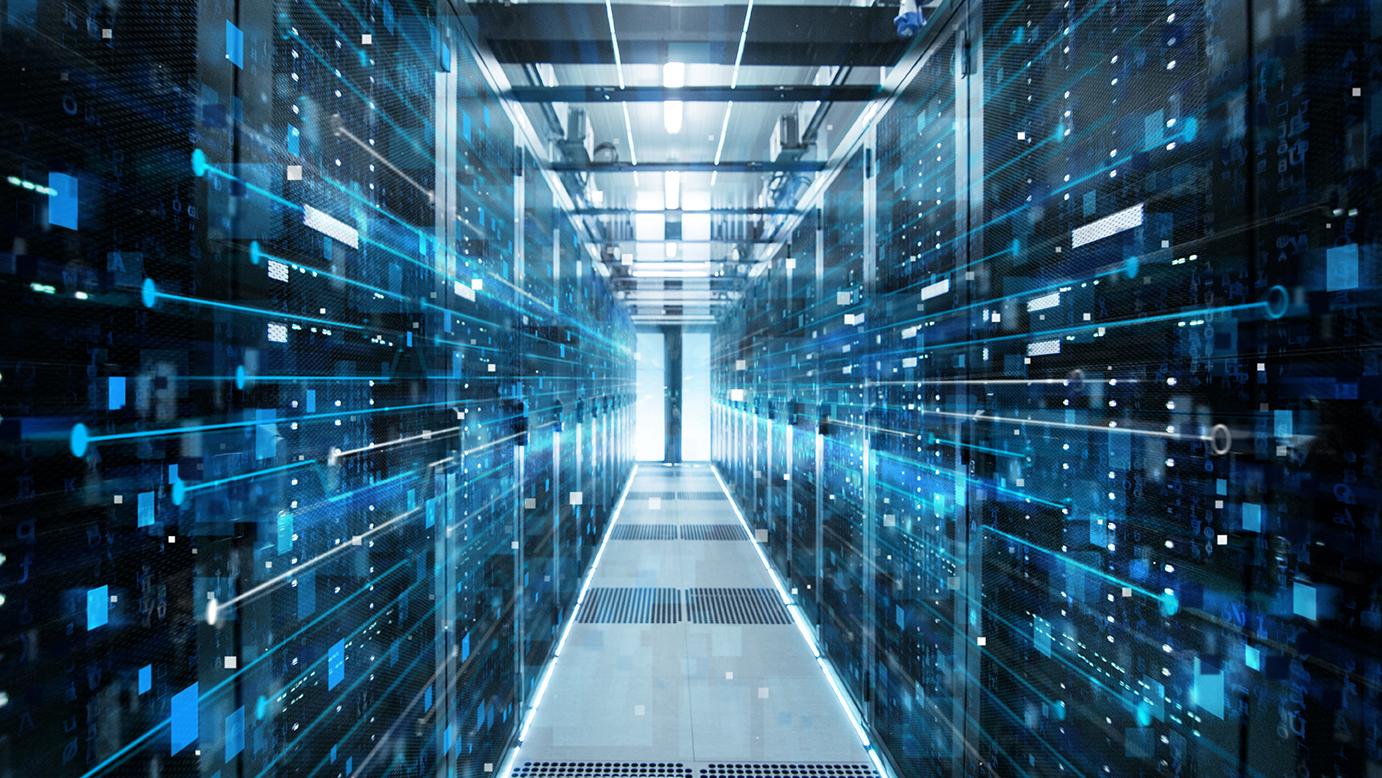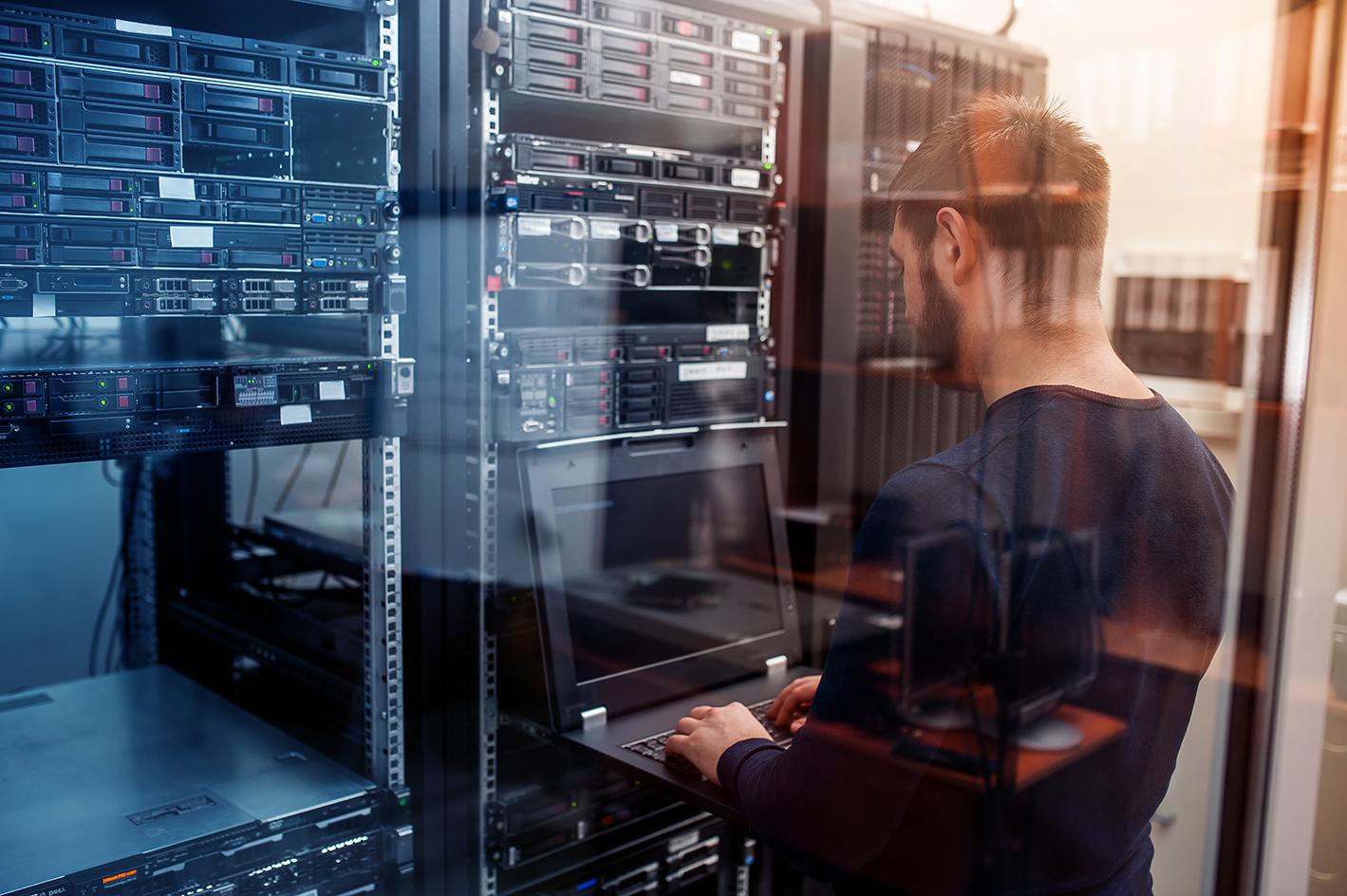With businesses booming now a days, digital transformation is almost mandatory when expanding and making internal processes more efficient.
In organizations, schools, or colleges, many machines are used for different purposes. Often, the need for communication between them arises.
A computer server is used in almost every organization, school, etc. However, very few people know what exactly it is.
You might be probably interested in servers and would like to get started in creating your own. In this article we will tackle everything you need to know about servers.
Simply, what is a server?
A server is a device – specifically, a computer – that is responsible for giving out services, programs, and data to other clients through the use of the network.
Keep in mind that as long as a computer allocates its resources to another device, it is already called a server. A server is a computer with some special features. It is built with these special features because it is used to manage networks and the computers connected to the network. In a typical set-up, many machines are used for different purposes. Often, the need for communication between them arises. This is where the server comes into the picture.
All these machines are connected to each other through a server, which facilitates the communication between them, and people can work in sync with each other even though they are physically far apart.
The appropriate computer server definition would be – A computer or software program that caters to a certain need of the client. A file server stores files of the client. If it is a print server, multiple clients can use a single or multiple printers through it. Thus, a server serves a specific purpose. Amongst its various uses, an important one is managing a network of machines, which are called the clients of the server.
TYPES OF SERVERS
there are a variety of servers that you could choose from once you would like to start. Computer servers are classified depending upon various factors such as their purpose, where they are being installed, etc. The following list will give you some more information about servers.
1. File Server
As its name suggests, it stores the files of all the client machines. It may be used as a backup storage or for general purpose use. It usually has supportive hardware like external hard disks and other forms of external storage devices. It runs special software meant for servers like the Windows Server 2003.
2. Web Server
A web server is similar to a normal server that works with a number of clients. The difference is that here the network is the entire world wide web and the server takes requests from many clients at a time through HTTP. These servers have a monstrous configuration.
3. Database Server
A database server is an important component of a client server model. It is not a computer but it’s a program which has two parts, one is the server part installed on the server and the other a client part installed on the client computer. The program performs all the database related tasks like database management, analysis, etc.
4. Video Server
This server stores multimedia files so that the client computers in the network can access them simultaneously. It is used in many fields such as entertainment, education, etc. This server deals only with the tasks related to video files. Live news is broadcasted through such servers.
5. Home Computer Server
Simply put, a home computer server is a home computer used as a web server. A web server hosts hundreds of web sites but the home server will host only a single website or sometimes a couple of them depending upon its configuration.
This is only an introduction to the types of servers, and there are many more types and subtypes like proxy server, time server, access server, fax server, etc. There are further subtypes of these servers depending upon their exact use.
Importance of servers?
A server is the one responsible for sending and receiving data files across the globe, may it be for a large party or rather private ones. Without servers, accessing information and going to websites on the internet would basically be not possible.
Servers manage network resources. For example, a user may set up a server to control access to a network, send/receive e-mail, manage print jobs, or host a website. They are also proficient at performing intense calculations. Some servers are committed to a specific task, often referred to as dedicated.
Difference between a server and a network?
Most people would most likely confuse one thing with the other, but you must be one step ahead of them and differentiate the two if you would like to start with your own server.
A server, which you already know, is the one that transfers, sends, and/or receives data files from other client machines across the globe. What makes a network different from it, however, is that networks are more of a centralized storage wherein these certain data files are kept.
How do other computers connect to a server?
With a local network, the server connects to a router or switch that all other computers on the network use. Once connected to the network, other computers can access that server and its features. For example, with a web server, a user could connect to the server to view a website, search, and communicate with other users on the network.
An Internet server works the same way as a local network server, but on a much larger scale. The server is assigned an IP address by InterNIC, or by web host.
Usually, users connect to a server using its domain name, which is registered with a domain name registrar. When users connect to the domain name (such as “computerhope.com”), the name is automatically translated to the server’s IP address by a DNS resolver.
The domain name makes it easier for users to connect to the server, because the name is easier to remember than an IP address. Also, domain names enable the server operator to change the IP address of the server without disrupting the way that users access the server. The domain name can always remain the same, even if the IP address changes.
Why are servers always on?
Because they are commonly used to deliver services that are constantly required, most servers are never turned off. Consequently, when servers fail, they can cause the network users and company many problems. To alleviate these issues, servers are commonly set up to be fault tolerant.
Where are servers stored?
In a business or corporate environment, a server and other network equipment are often stored in a closet or glass house. These areas help isolate sensitive computers and equipment from people who should not access them.
Servers that are remote or not hosted on-site are located in a data center. With these types of servers, the hardware is managed by another company and configured remotely by you or your company.
Can my computer be a server?
Yes. Any computer, even a home desktop or laptop computer, can act as a server with the right software. For example, you could install an FTP server program on your computer to share files between other users on your network.
Although it is possible to have your home computer act as a server, keep the following ideas in mind.
• Your computer and the related server software must always be running to be accessible.
• When your computer is used as a server, its resources (e.g., processing and bandwidth) is taken away from what you have available to do other things.
• Connecting a computer to a network and the Internet can open up your computer to new types of attacks.
• If the service you’re providing becomes popular, a typical computer may not have the necessary resources to handle all of the requests.













